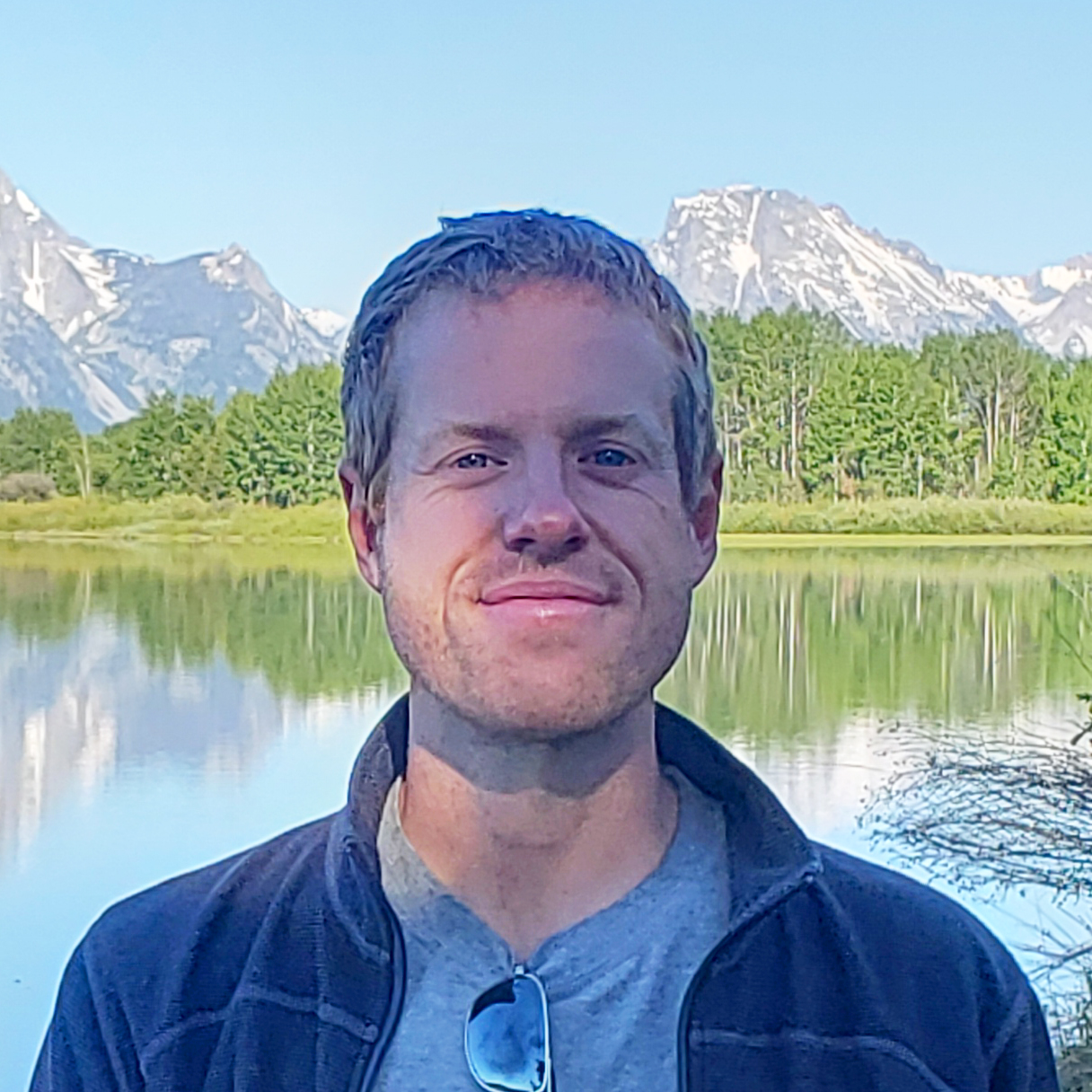Bio
Teaching
Geol 100 – How the Earth Works
Geol 100L – How the Earth Works Lab
Geol 103 – Age of Dinosaurs
Geol 302 – Summer Field Studies (Field Camp)
Geol 324 – Energy and the Environment
Geol 357 – Geologic Mapping & Field Methods
Geol 368 – Sedimentology
Teaching Interests
- Field education within the geological and atmospheric sciences enhances and reinforces students’ education as well as their marketability as scientists in academic, government, and industry settings. The benefits of field opportunities, such as the ISU Geology Summer Field Studies course and field-intensive research experiences, are numerous:
Core concepts become tangible and intuitive; - Problem-solving skills at the project scale improve; and
- Student curiosity and appreciation of our one and only Earth are positively impacted, among many others.
As the director of the ISU’s Carl F. Vondra Geology Field Station, my goal is to enrich the education of students from ISU and elsewhere by teaching and facilitating relevant field courses and research opportunities through the use of our newly renovated field station in Wyoming.
Research Interests
My research interests include documenting climatic/environmental change and the impact on mammalian communities in the geologic past. I approach this work by combining intensive geological and paleontological field work with analytical techniques, such as time-series analysis, stable isotope work, and geometric morphometrics. Specific studies include lineage and community-scale impacts of the Paleocene-Eocene Thermal Maximum, a 58-million-year-old global warming event, and mammalian paleobiogeography and faunal composition before and after the Mid Miocene Climatic Optimum. Google Scholar Profile
Recent Publications
- Velez-Juarbe, J, and AR Wood. 2019. An early Miocene dugongine (Sirenia: Dugongidae) from Panama. Journal of Vertebrate Paleontology: e1511799.
- Londono, L, DL Royer, C Jaramillo, J Escobar, DA Foster, AL Cardenas-Rozo, and AR Wood. 2018. Early Miocene CO2 estimates from a Neotropical fossil leaf assemblage exceed 400 ppm. American Journal of Botany 105: 1-9.
- MacFadden, BJ, DS Jones, NA Jud, J Moreno, GS Morgan, RW Portell, VJ Perez, SM Moran, AR Wood. 2017. Integrated chronology, flora and faunas, and paleoecology of the Alajuela Formation, late Miocene of Panama. PLoS ONE 12: e0170300.
- Bloch, JI, ED Woodruff, AR Wood, AF Rincon, AR Harrington, GS Morgan, DA Foster, C Montes, CA Jaramillo, NA Jud, DS Jones, BJ MacFadden. 2016. First North American fossil monkey and early Miocene tropical biotic interchange. Nature 533: 243-246.

